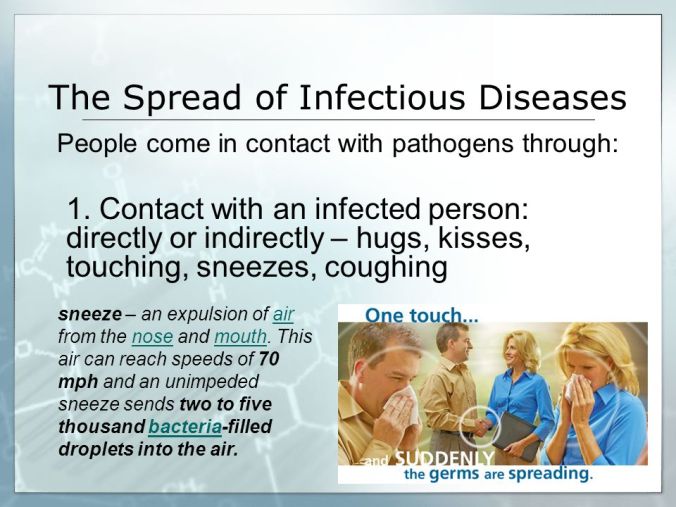It’s so important to listen to the lived experience of people living with dementia. George Rook, from the UK, is an activist working to improve life for people living with dementia. George started sharing his lived experience of dementia online in 2014 when he was diagnosed at just 63. In this post he shares a conversation he had with the daughter of a lady diagnosed with dementia. It is really worth the 3 minutes it will take for you to read.
People with dementia have more insight than we realise
They need connection with friends, family and neighbours. Talking with people with dementia is easier when we relax and enjoy connecting. We can all do it better with insight from George.

George Rook
Chair, Shropshire Telford & Wrekin Dementia Action Alliance
Chair, Member of Three Nations Dementia Working Group
Co-Chair of LEAP, the Lived Experience Advisory Panel, Dementia UK
Co-Chair of the Shropshire and Telford Health Economy Steering Group
Patient activist
Influencer for change in healthcare
And I have dementia at 63!
This has been reposted with permission from George Rook; here is his latest blog post:
She said it was such a shame because her mother suddenly lost her friends. She had no one to talk to.
She had no one to chat and laugh with.
No one to remind her who she is. No one to make her use her mind, find words, retain and relive memories.
They thought it was down to fear.
Fear of dementia.

Some said they might catch dementia from her! (Yes, really. Dementia as an infectious disease.)
Some simply assumed she could no longer communicate.
Some were frightened of saying the wrong thing.
So they stayed away.
How does this affect a person living with dementia?
Well, I will tell you how it makes me feel.
It is pretty fair to say that hardly anyone I meet or know asks me about my dementia. And how I am feeling about it.
Of course they ask if I’m “all right”?
But do they actually want to know, or is it just the usual pleasantry?
And if it is just casual and off the cuff I am not going to start explaining now the black dog has got me again.
The only times I get to talk about what it’s like and how I feel are at the DEEP peer groups.
Because there we all have it and we all get it.
I have (increasingly frequent) short periods of deep depression now and then, and I am beginning to work out when they happen. It seems to be after I have been with my family or other people for some sort of occasion.

I used to think it was fatigue. Or that discombobulation that we who live with dementia get. Fog.
And indeed these may be in play.
But I now think some of the cause is feeling that no one actually cares about how I feel. If no one sits down with me to talk about my disease and my feelings about my life, or if they make it clear that they don’t really want to “go there”, I think I really am on my own.
It is about identity. Validation. And feeling connected and valued.
I have a terminal disease. I know it is getting worse. And these deep black dogs are probably part of that progression.
I live in a small community…well, on the edge of it really. I have been here for 36 years. I know most people, though not necessarily as friends. And I don’t go round the village shouting out about my dementia. But in this little place I would be surprised if most people were not aware of it.
So when I meet people when walking with Lupin, or chatting in the village, or when people come to the house, or I go out, I have to switch off that dementia disease and act like just normal. Like I am happy all the time.
Because I am seen as a cheerful chap! They don’t see my black dogs sitting around, waiting. They don’t know how much I think about dementia and its effects. How every little trip or wobble or forgotten task or face makes me question how the disease is progressing.
I have just had my annual driving licence re-application documents. They are a real pain to complete, because when you have several diseases you have to trawl back to dates of consultations with doctors, tests, etc..
And I know that sometime before long I will have to stop driving. I am pretty certain I am quite safe still now. But who knows when vascular disease will take a little step downwards?
That is going to be a difficult time.
Perhaps I will get an electric bicycle, like my sight impaired neighbour.
Returning to yesterday’s meeting: one person said she had been to a carer training session recently. And the key message was:
“It’s not what you say that matters; it’s how you make the other person feel.”
Learn that by heart. Tell everyone you meet.
Don’t be afraid of saying the wrong thing. Just be there, offer comfort, and listen.
And above all…talk to us about what matters to us.
We are on a journey to death. It’s a fact.
(So are you, but we have advance warning, and also increasingly nasty symptoms in our last years.)
We need to talk, to let out how we feel, what we fear, and what we enjoy.
There is no reason for you to be afraid of us or catching our disease.
Take time to talk and listen. It’s good for both of us.
“It’s not what you say that matters; it’s how you make the other person feel.”
You can read George’s blog; George Rook living with dementia as well as I can.

This is a hearful story…I’m Watching the 7.30 report while reading this …it’s about how people in nursing homes are over medicated as workers can’t handle or have the time with the behaviours of Dementia it’s so frustrating to think humanity can’t take the time to engage with those who have lost their way…..the royal commission hopefully will have a huge report card after it’s closed.
Very interesting read,it opens your eyes up .
Hear ! Hear! It’s not what you say that matters – it’s how you make the other person feel!